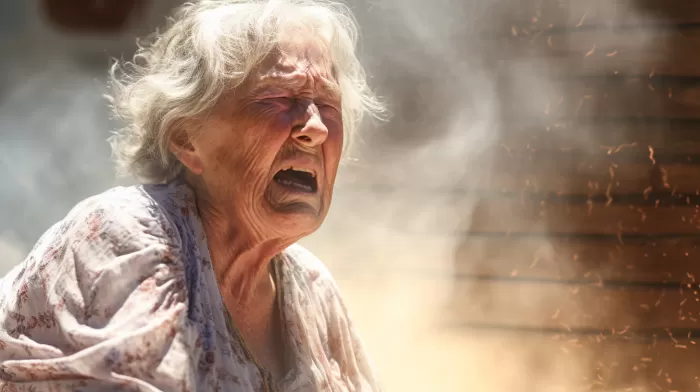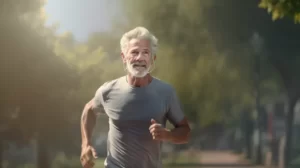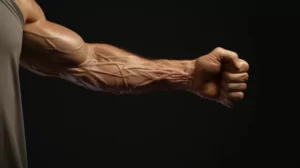A heat wave can triple the number of daily deaths in a city, and when these scorching temperatures spike, the danger of fatal respiratory illnesses significantly increases for older people. In particular, women are at the greatest risk. This is crucial information to be aware of as we face the possibility of more intense and frequent heat waves due to climate change.
The Impact of Heat Waves on the Elderly
Researchers led by Daniela D’Ippoliti from the Regional Health Authority in Rome, Italy, conducted an in-depth study comparing the impact of heat waves on mortality rates in various cities. Their findings revealed that heat waves with longer durations had the most devastating effects on mortality rates, resulting in 1.5 to 3 times the average number of daily deaths.
Unsurprisingly, it was discovered that the elderly population bears the brunt of these excess mortalities, specifically women. Furthermore, the research uncovered that the majority of these excess mortalities were attributed to respiratory issues rather than cardiovascular concerns.
To define a heat wave, the researchers used a period of at least two days when “Tappmax” (an interaction between maximum air temperature and humidity) was at its peak or when the minimum temperature was among the highest 10 percent recorded with Tappmax above average.
How to Cope with Heat Waves: Tips for the Elderly and Their Caregivers
As we increasingly face sweltering heat waves, it is vital for the elderly and their caregivers to take precautions during these periods to minimize the risk of fatal respiratory illnesses or any heat-related health problems. Here are some tips on how to stay safe and healthy during heat waves:
1. Stay hydrated
Drinking plenty of water is crucial to prevent dehydration during heat waves. Older adults should consume at least 8 cups of water per day and avoid alcohol and caffeine, as these can further dehydrate the body 1.
2. Stay cool
Keeping the body cool is essential to combat the negative effects of heat waves. Seniors should stay indoors during the hottest parts of the day, usually between 10 a.m. and 4 p.m. Using air conditioning or fans, closing curtains and blinds, and taking cool showers or baths can also help prevent overheating 2.
3. Dress appropriately
Wearing lightweight, loose-fitting clothing made of natural fibers such as cotton can help keep the body cooler during hot weather. Light-colored clothes that reflect the sun’s rays are also preferable over dark colors that can absorb and generate more heat 3.
4. Limit outdoor activities
When a heat wave hits, it’s essential for seniors to limit their time outside, especially during the hottest parts of the day. If outdoor activities are necessary, they should be planned for the early morning or evening hours when temperatures are generally cooler.
5. Seek medical help if needed
Heat-related illnesses, such as heat stroke or heat exhaustion, can be life-threatening if not treated promptly. If an older adult starts experiencing symptoms like confusion, dizziness, difficulty breathing, or a very high body temperature, caregivers should seek immediate medical assistance 4.
Further Measures to Protect the Elderly
In addition to the above tips, local governments and communities can play a crucial role in ensuring the safety and well-being of the elderly population during heat waves. Strategies can include establishing public cooling centers, providing transportation assistance to cooling centers, and creating early warning systems to alert residents of extreme heat events 5.
Moreover, healthcare providers should be educated on the increased risks of heat-related illnesses among elderly patients and be prepared to monitor and treat these conditions during periods of extreme heat.
Ultimately, as we face the reality of more intense and frequent heat waves, everyone should take the necessary measures to protect those most at risk. By staying informed and taking action, we can help safeguard the health and well-being of our elderly population during these challenging times.
- https://www.mayoclinic.org/healthy-lifestyle/nutrition-and-healthy-eating/in-depth/water/art-20044256 ↩
- https://www.cdc.gov/disasters/extremeheat/heattips.html ↩
- https://www.weather.gov/safety/heat-dress ↩
- https://www.nia.nih.gov/health/hot-weather-safety-older-adults ↩
- https://www.who.int/globalchange/publications/heatwaves_health/en/ ↩



